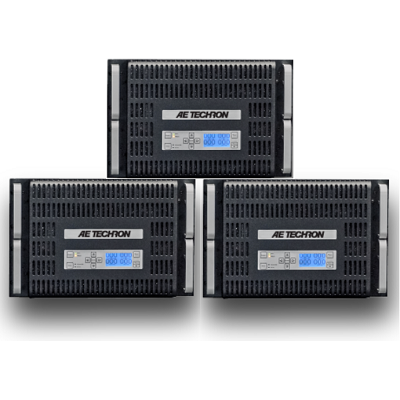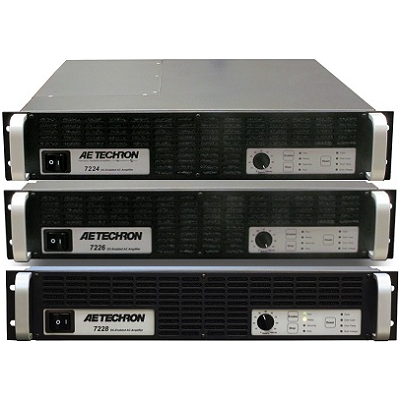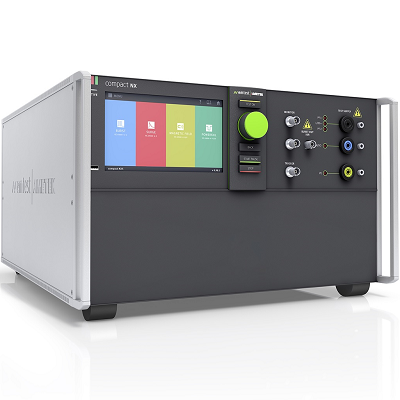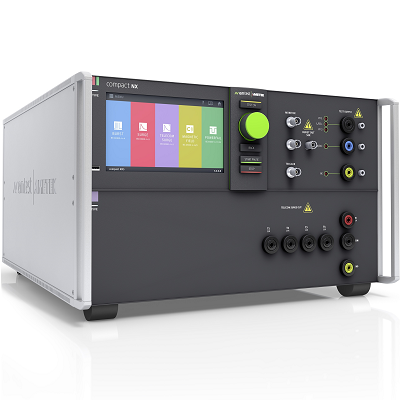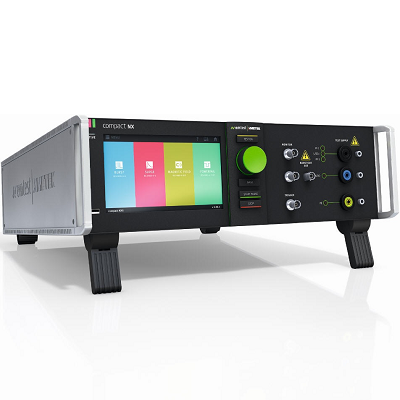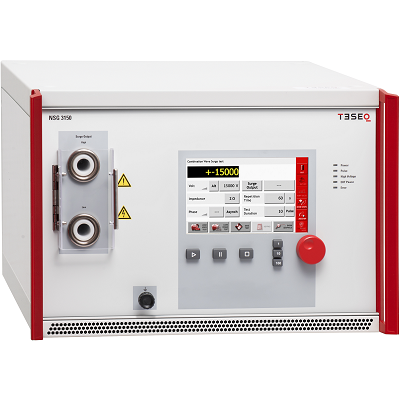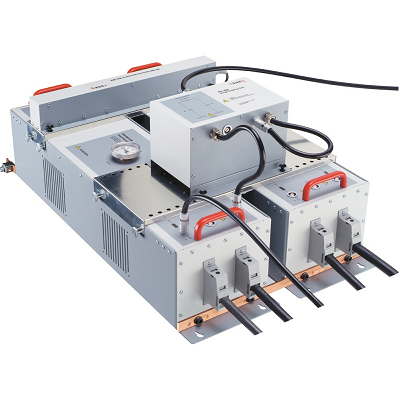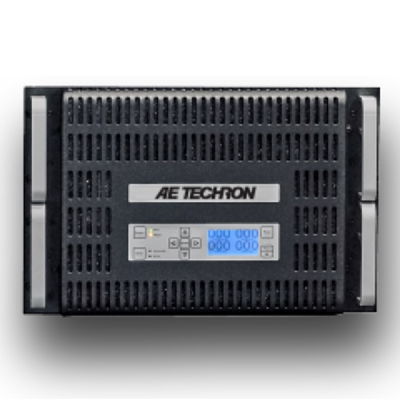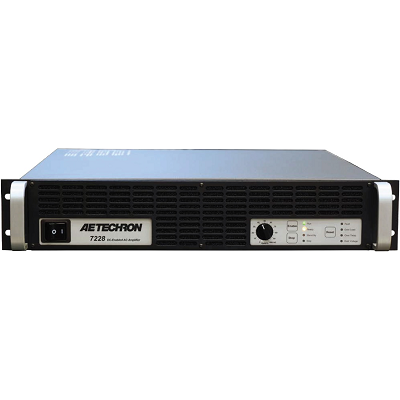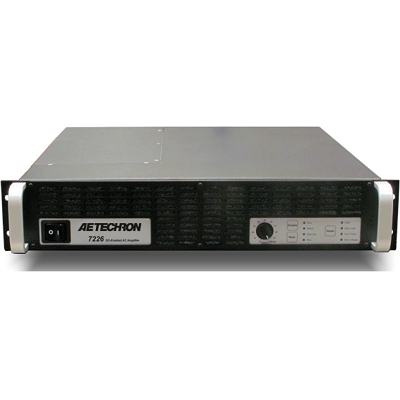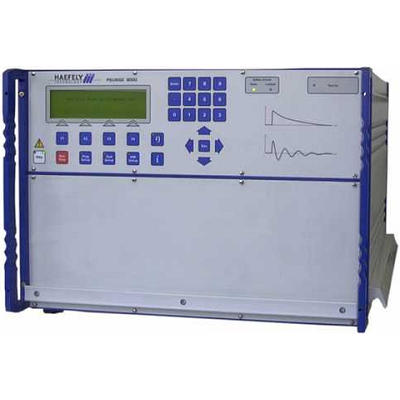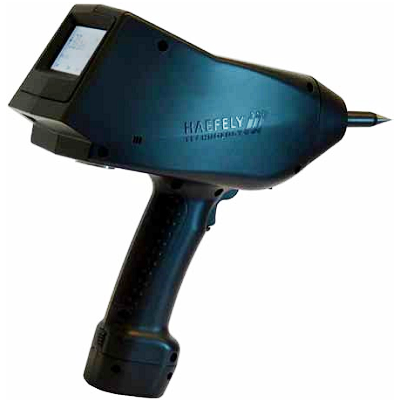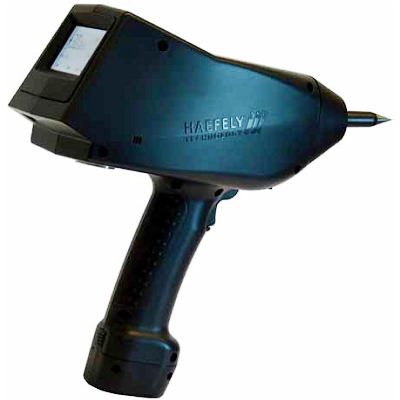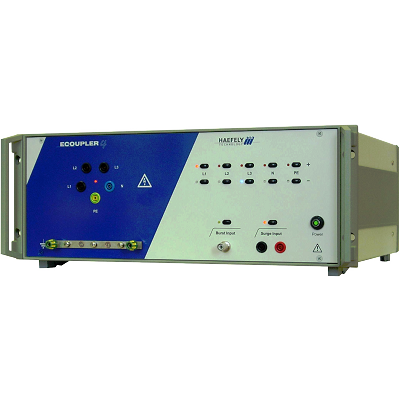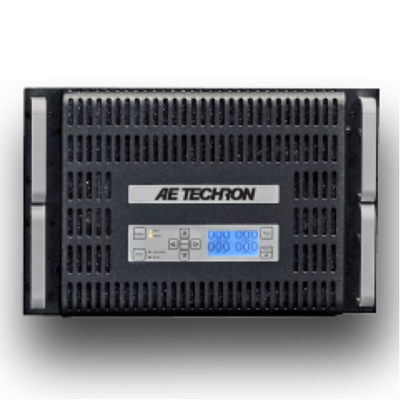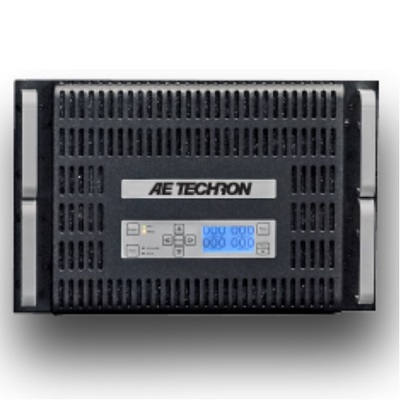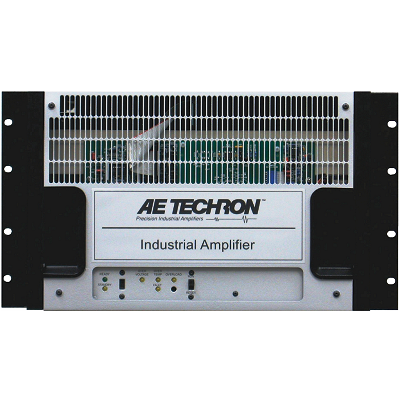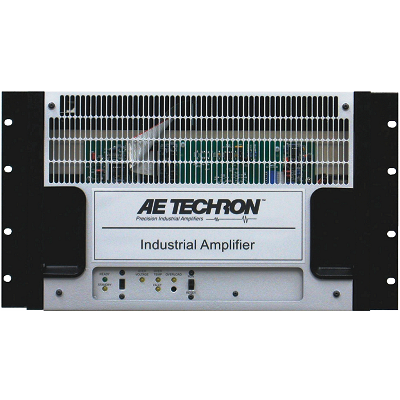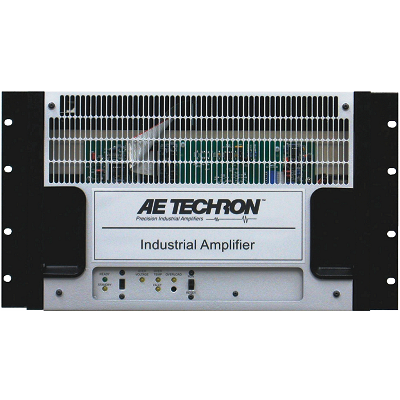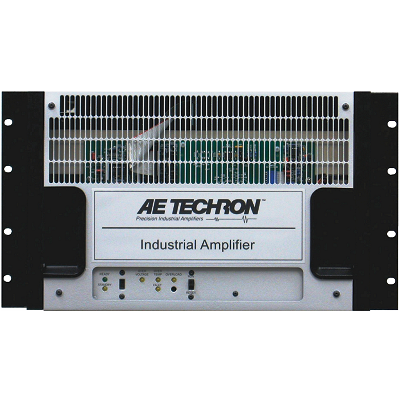UNECE R10 (Automotive)
UNECE R10 United Nations Economic Commission for Europe Regulation 10 - Automotive Electromagnetic Compatibility UNECE is the United Nations Economic Commission for Europe which is the body which has responsibility for implementing global trade agreements within Europe. Car manufacturing is now a global business and so the common requirements and standards go much wider even than the European Economic Area. UNECE Regulation 10 requires manufacturers to gain type approval for all vehicles, electronic sub assemblies, components and separate technical units. Products that have direct control of the vehicles must not emit EMC emissions above the limits and must be immune to interference levels stated in the Regulation. Products without direct control only have to meet the emission requirements. The Regulation contains 3 groups of tests, narrow band emissions, broad band emissions and immunity tests, and their acceptance levels. Certain types of equipment are exempt from certain tests. Equipment for caravans and motor homes that operate when the vehicle is in use are included, but those that only operate when the vehicle is parked or are powered independently are excluded. The Regulation is enforced by a different body in each member state. In the UK, the responsible body is the Vehicle Certification Agency (VCA), which is an agency of the Department for Transport. The VCA practices worst case selection prior to testing. Testing must be conducted by an authorized lab or be witnessed by the VCA, for example if the manufacturer has their own test facility. VCA assessors will also examine quality control systems. Approved products should carry an 'e-mark' accompanied by a number which identifies the Member State that granted the type approval. Preview Directive


